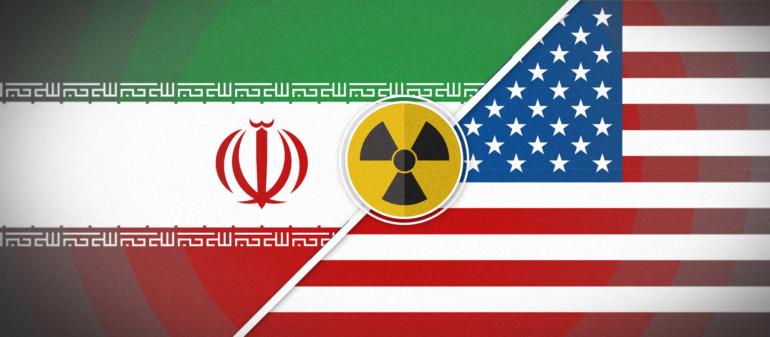US President Joe Biden says he’s willing to restart talks with Iran if the country returns to full compliance with the nuclear deal. Iranian officials argue it was the US that pulled out of the agreement and should act first. The Iran nuclear deal was signed in 2015 by the U.S., France, Britain, Germany, Russia, China and the European Union; it was intended to guarantee that Iran would be unable to develop nuclear weapons — and have no incentive to do so. But the agreement has been in jeopardy since Biden’s predecessor Donald Trump unilaterally withdrew from the pact and re-imposed crippling sanctions on Iran. Now, with both sides having drawn lines in the sand, diplomats are scrambling to defuse the standoff.
To Discuss:
- Mohammad Marandi is chair of American Studies at the University of Tehran.
- Shada Islam is a Brussels-based specialist on European affairs.
- Einar Tangen is a political and economic affairs commentator.
- Barbara Slavin is director and nonresident senior fellow, Future of Iran Initiative at the Atlantic Council.
For More:
The IAEA is no longer allowed to carry out short-notice inspections of Iran’s nuclear facilities.
Here is why! pic.twitter.com/F6iY89pmuF
— Press TV 🔻 (@PressTV) February 23, 2021
The comments come as Iran plans to restrict U.N. inspections of its nuclear facilities.
"There was optimism that the Biden administration would have acted in a quicker manner when it comes to Iran," a researcher said. https://t.co/SVTt52JOrn
— NBC News (@NBCNews) February 22, 2021
US sanctions inflicted $1 trillion damage on Iran’s economy, says Foreign Minister Mohammad Javad Zarif https://t.co/ln9MJanNo1 pic.twitter.com/qVRsqTDcTD
— Al Jazeera English (@AJEnglish) February 21, 2021
 CGTN America
CGTN America

